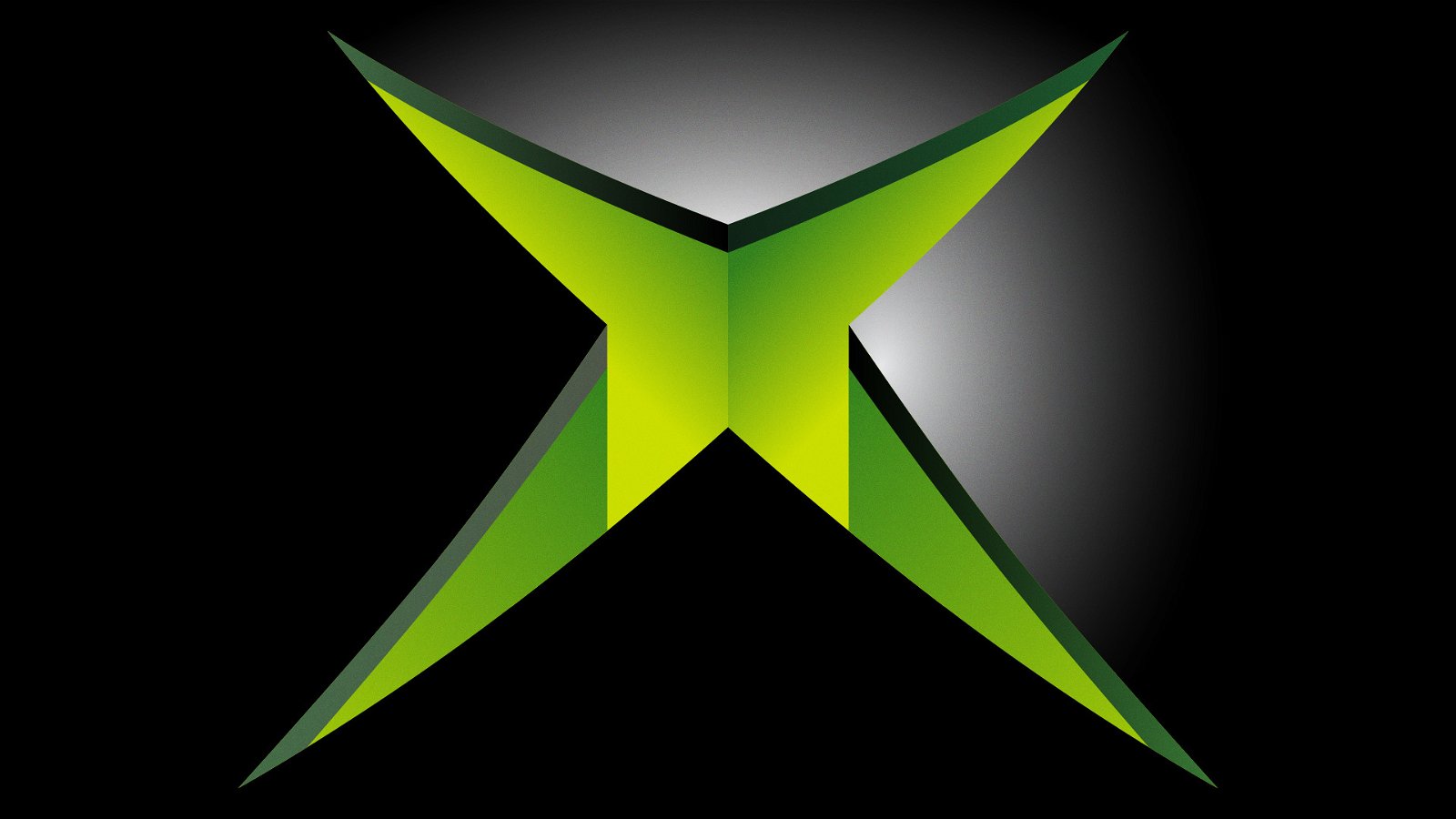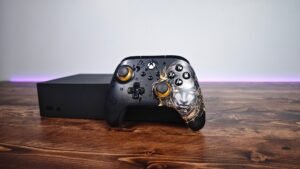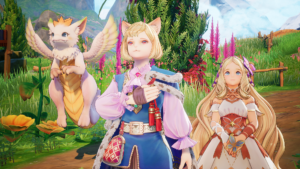In the first days of the Xbox, Microsoft attempted to purchase or partner with a handful of gaming juggernauts to support its library, including Nintendo.
Bloomberg’s Dina Bass has collected an oral history of the Xbox brand, speaking to executives and insiders about its origins and its first two decades. A game console—or specifically, a piece of hardware without a Windows operating system—was originally deemed beyond the pale by Bill Gates and then-CEO Steve Ballmer, especially given the costs involved in development. Ultimately the opportunity to compete against Sony’s PlayStation 2 turned the tides.
Second head of Xbox Robbie Bach recounted a heated meeting that was turned by considering “‘Well, Sony has got PlayStation 2 in the living room. They’re calling it a computer. What are we going to do about that?'”
“I said, in what at that point was 15 years at the company, ‘That is the weirdest meeting I’ve ever been in,'” added head of first-party games, Ed Fries. “And then a month later, Bill was onstage at the Game Developers Conference announcing the Xbox.”
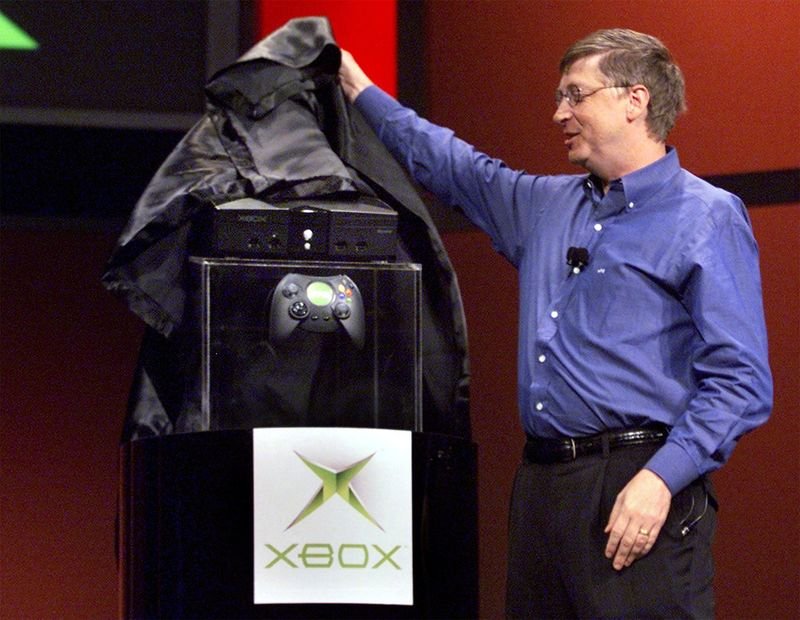
Simply developing a powerful console was not enough, Microsoft knew, and so they began reaching out to established developers to build their software library. Attempts were made to purchase or partner with Sega, Squaresoft, and even Nintendo.
Head of business development Bob McBreen said they reached out to Nintendo after being turned down by a skeptical EA. They thought the Xbox’s impressive technical specs would sway them toward a joint venture. “The pitch was their hardware stunk, and compared to Sony PlayStation, it did. So the idea was, ‘Listen, you’re much better at the game portions of it with Mario and all that stuff. Why don’t you let us take care of the hardware?'”
Director of third-party relations Kevin Bachus recounted Nintendo’s response: “They just laughed their asses off. Like, imagine an hour of somebody just laughing at you. That was kind of how that meeting went.” The house of N was developing their own next console at the time. In the end, the GameCube and Xbox both launched in November 2001.
Squaresoft considered Microsoft’s offer, according to McBreen, but passed in the end. The financial team had deemed their offer too low. Around the same time, the company was beginning to consider a merger with Enix, which ultimately came to pass three years later and created Square Enix. While talks with Nintendo did not go well, Microsoft did have some success meeting with Tecmo and Konami, which led to some early exclusives like Ninja Gaiden and Dead or Alive 3. They also considered acquiring Midway, but deemed them not worth the investment—by the end of the decade, Midway went bankrupt and was mostly acquired by Warner Bros.
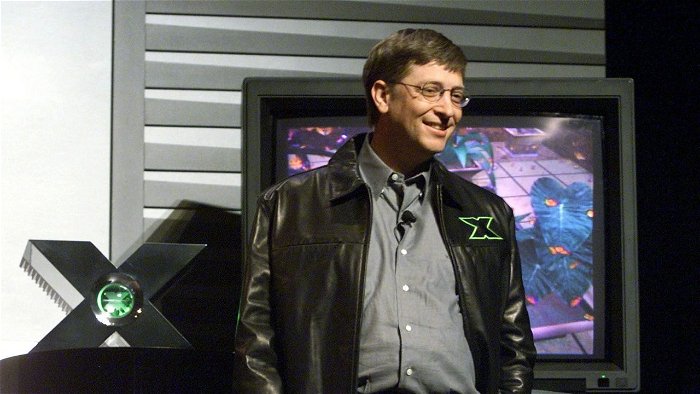
Had any of these partnerships gone through, the face of the gaming industry would have been forever changed. Nintendo has continued to flourish with their technologically inferior hardware, succeeding with motion controls where Microsoft stumbled. Having a JRPG juggernaut like Square in their camp might have changed the company’s fortunes in the difficult Japanese market, or doomed Square’s IPs.
And of course, if these offers had been accepted, Microsoft might not have acquired Bungie, who produced their flagship franchise, Halo.
The anecdotes provide some new context for Microsoft’s recent acquisitions, like Zenimax. From the very creation of the Xbox brand, Microsoft has not been shy to throw its financial weight around to secure the right developers for their powerful hardware.
Gates’ desire to compete with Sony for space in consumers’ living rooms also contrasts with current Xbox chief Phil Spencer’s philosophy. In November Spencer told The Verge, “I don’t think we have to see others fail in order for us to achieve the goals. […] The biggest competitor we have is apathy over the products and services [and] games that we build.”
Either way, we’re left to consider a strange alternate reality we could have lived, where Mario migrated to the Xbox.
